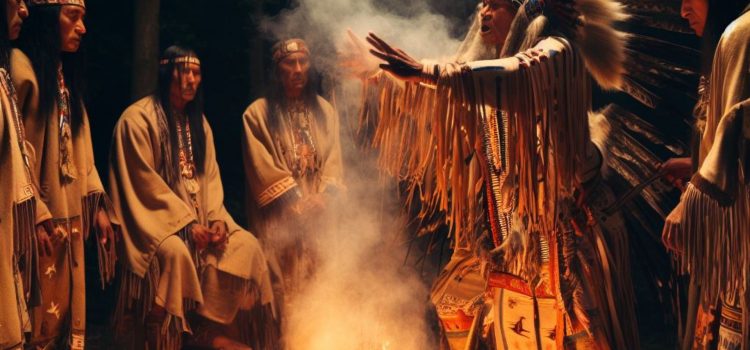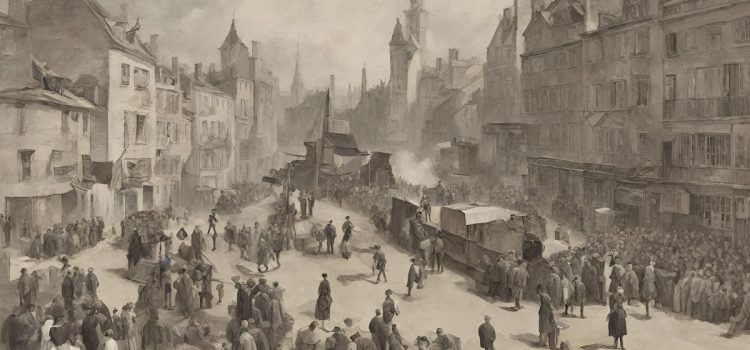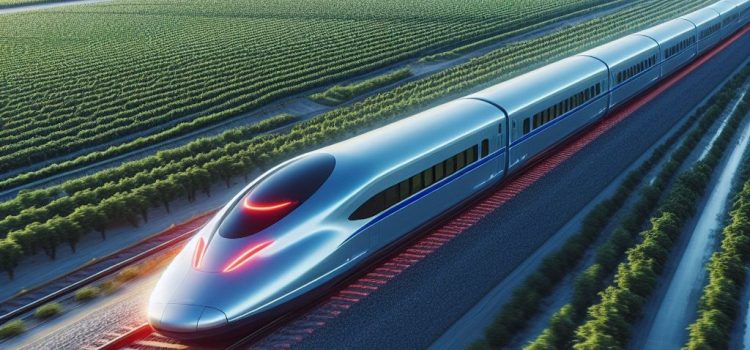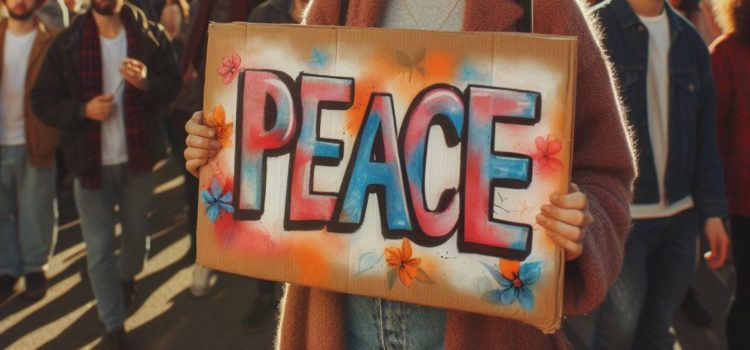Why did settlers come to America? Where did the colonial mindset come from? Settlers came to America because they felt superior to Native Americans and wanted to secure their wealth for themselves. If you look at where European settlers came from, you can see how racism and poverty paired together to feed colonization. Keep reading for more on the reasons behind European colonization.
Why Did Settlers Come to America? The Colonial Mindset










